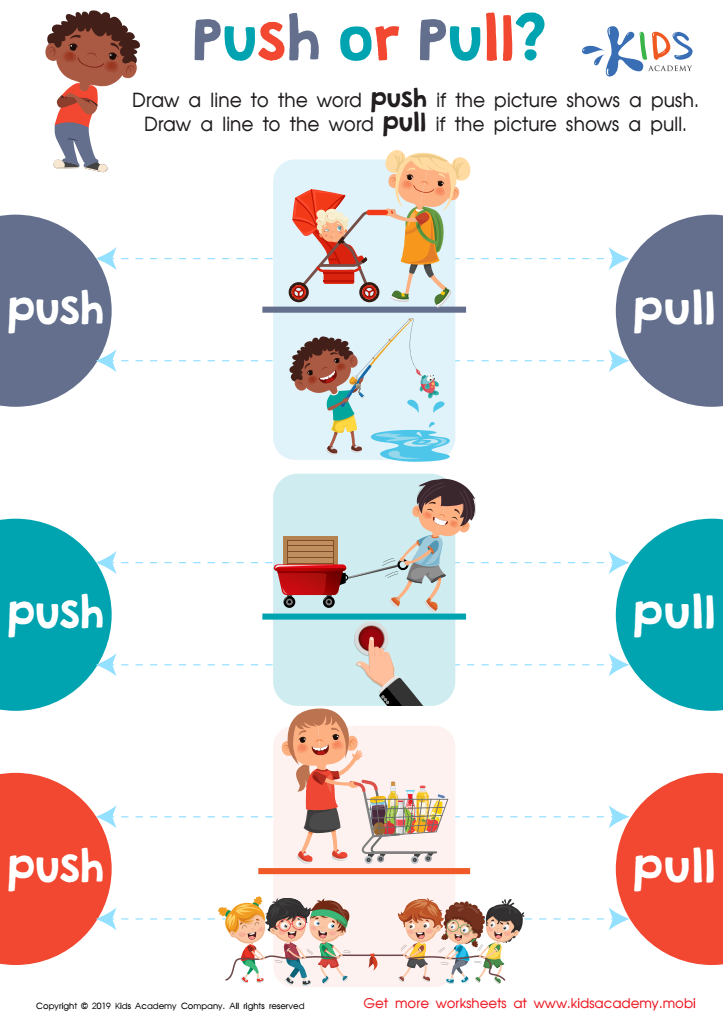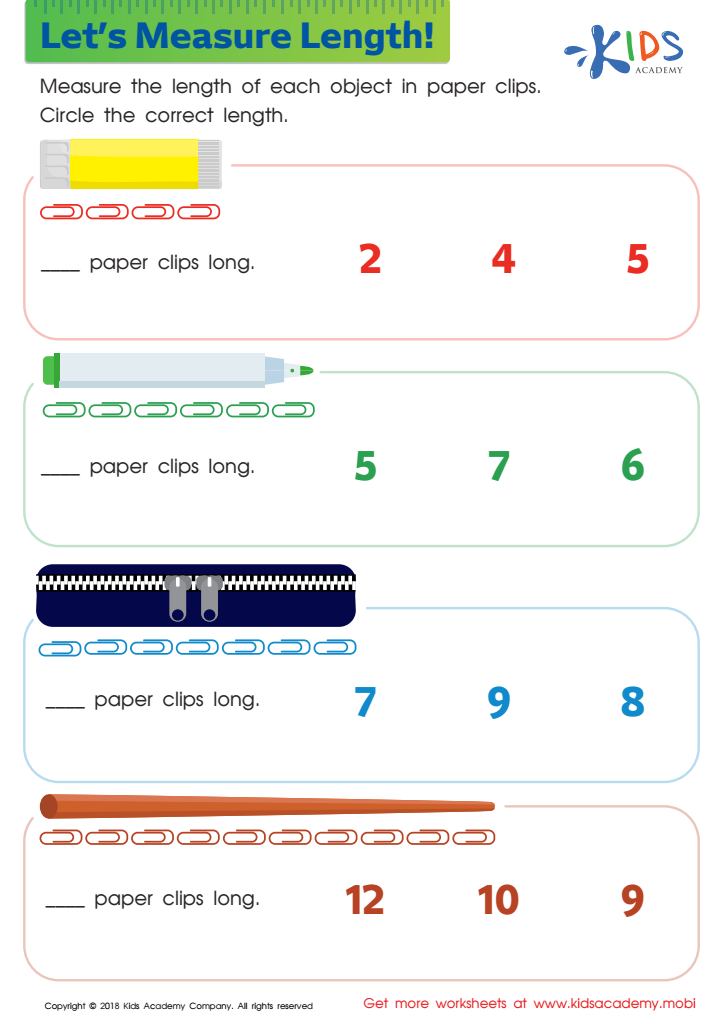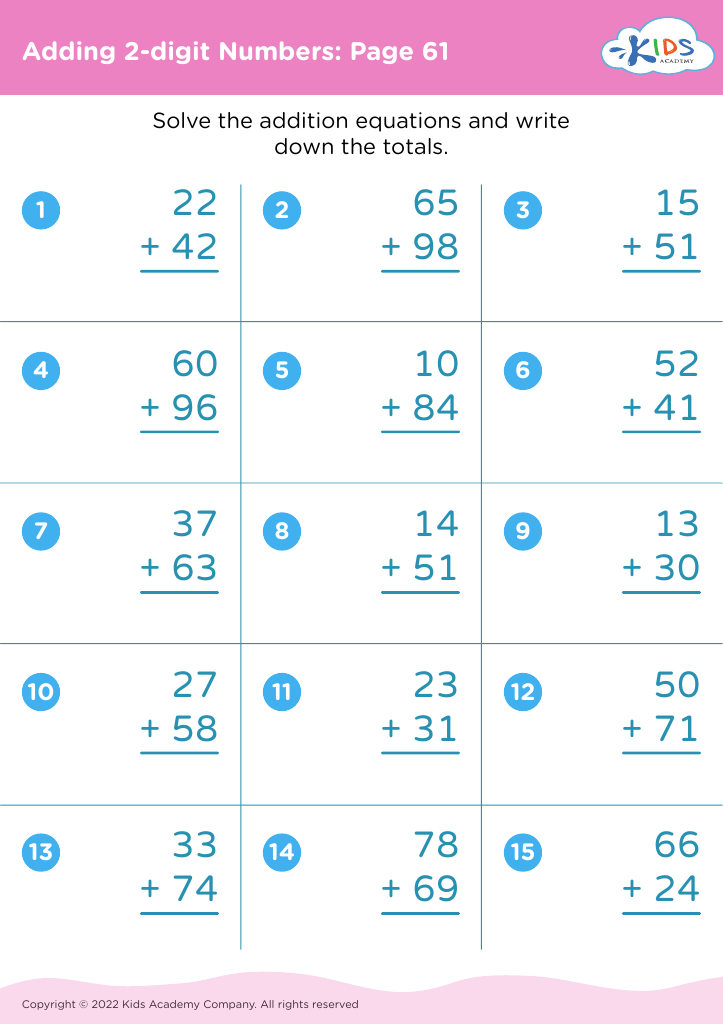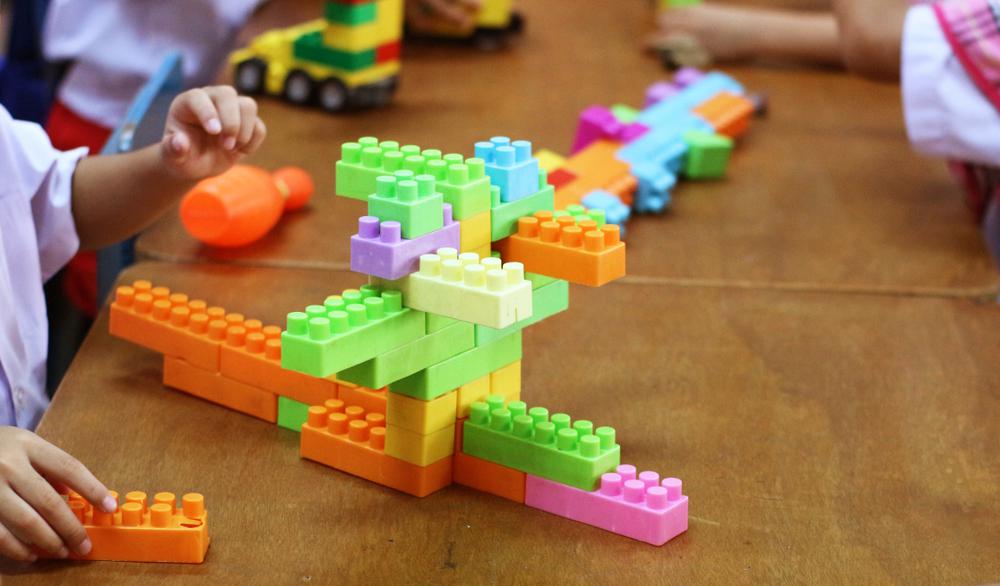Developing observational skills Worksheets for Ages 6-7
3 filtered results
-
From - To
Enhance your child's learning journey with our "Developing Observational Skills Worksheets" designed specifically for ages 6-7. These engaging worksheets encourage young learners to notice details, compare and contrast, and make connections in their environment. Each activity is crafted to boost critical thinking and foster curiosity, enabling children to sharpen their observational skills through fun and interactive tasks. From identifying patterns to focusing on specific attributes, these worksheets make learning enjoyable and effective. Perfect for use at home or in the classroom, our resources help children develop essential skills that lay the groundwork for future academic success. Unlock their potential today!


Push or Pull? Worksheet


Lets Measure Length Worksheet
Developing observational skills in children aged 6-7 is crucial for their overall growth and learning. At this age, children are naturally curious and eager to explore their environment. Encouraging these observational skills helps them enhance their ability to notice details, patterns, and changes around them, which is foundational for critical thinking and problem-solving.
When parents and teachers foster these skills, they promote active learning. Children who observe carefully can better engage with their surroundings, improve their comprehension in reading, and excel in science and math. For instance, observation assists in noticing differences in shapes, understanding nature, and even interpreting stories by paying attention to illustrations and textual clues.
Moreover, strong observational skills contribute to better social interactions. Children who observe body language and facial expressions can develop empathy and improve their communication skills. This can lead to positive relationships with peers and adults, as they become more attuned to the feelings and reactions of others.
In summary, passionate educators and involved parents can nurture these skills through engaging activities and discussions. By prioritizing observation, they equip children with essential tools for lifelong learning, curiosity, and social awareness, setting a strong foundation for future academic success.
 Assign to My Students
Assign to My Students























